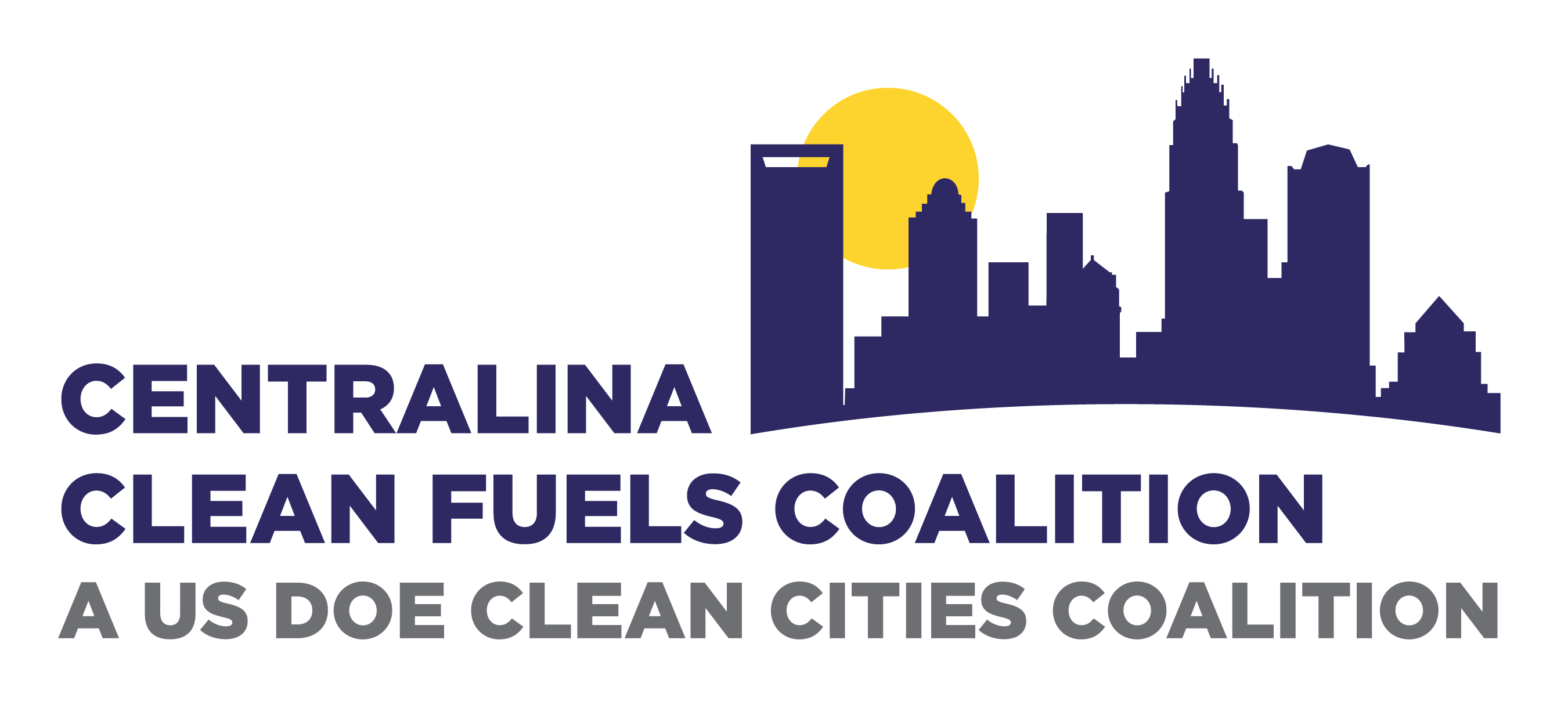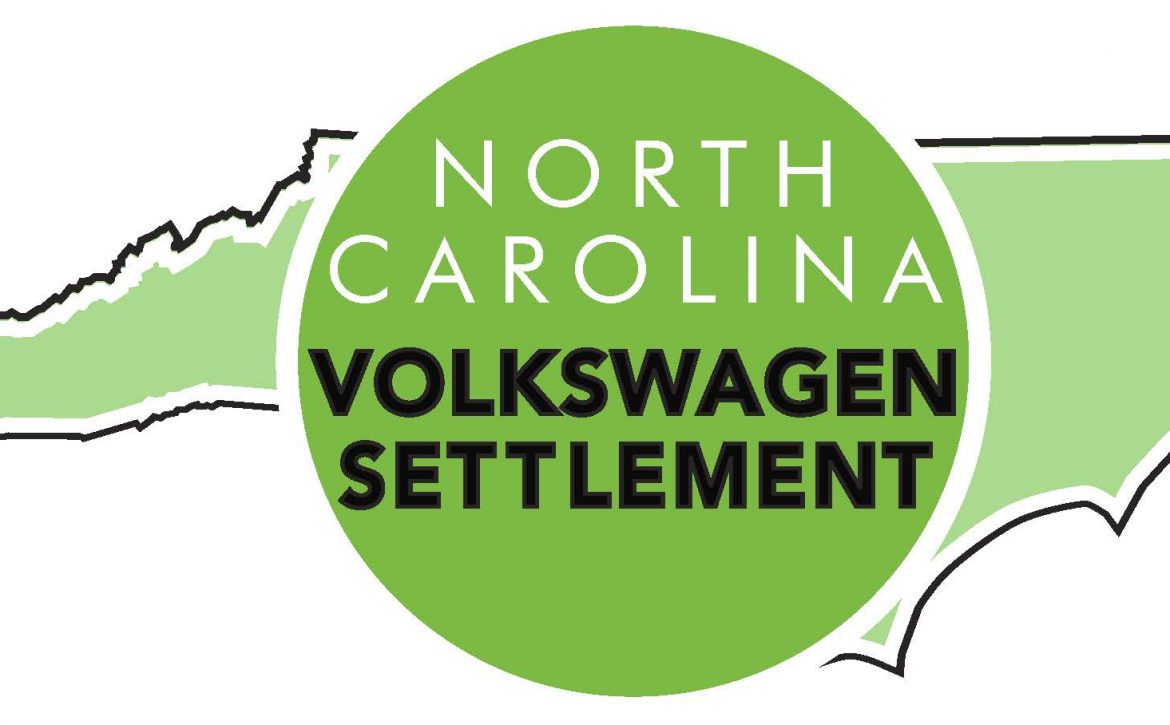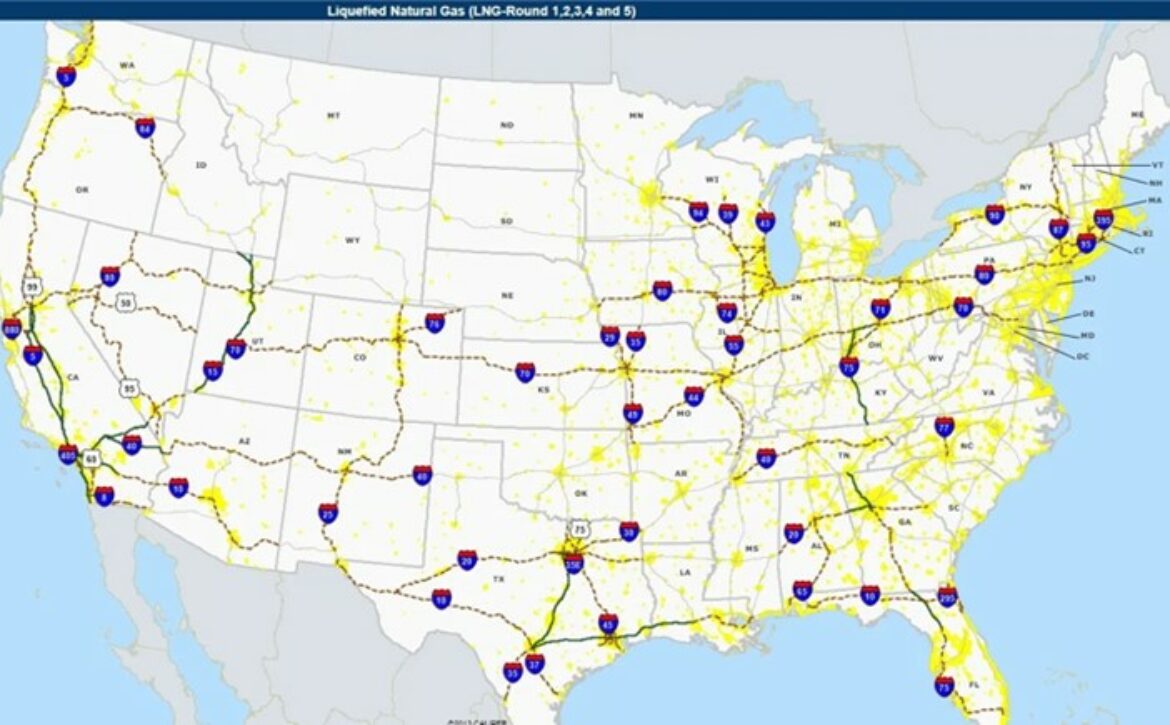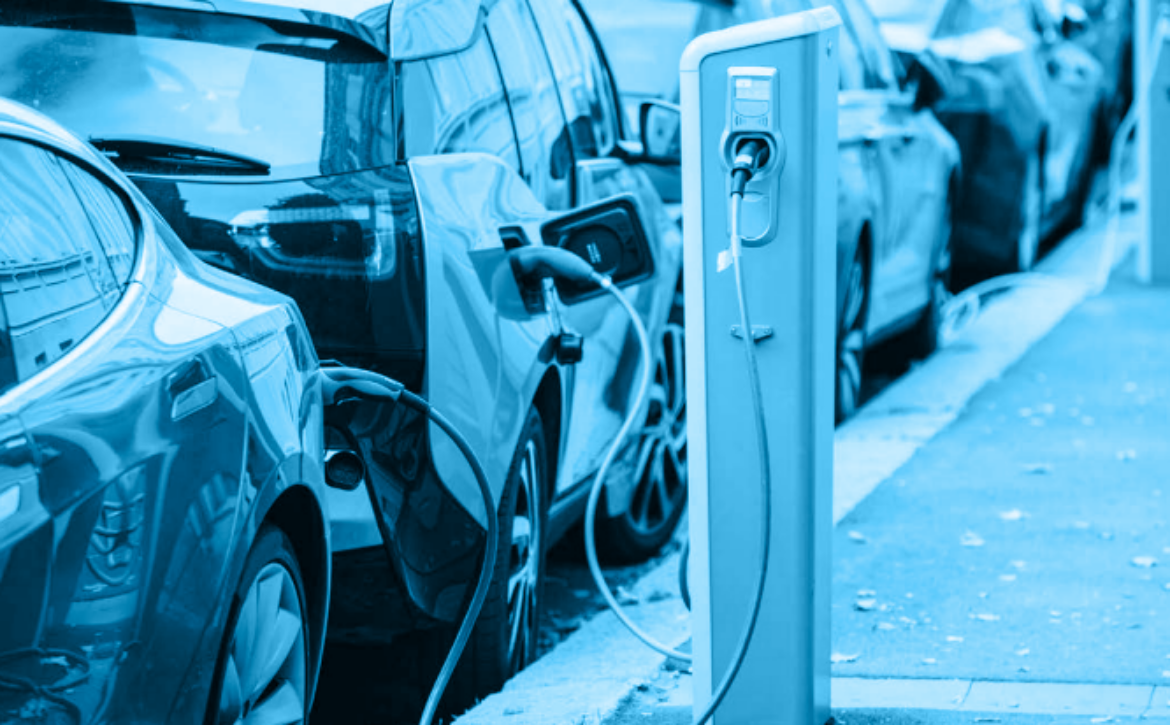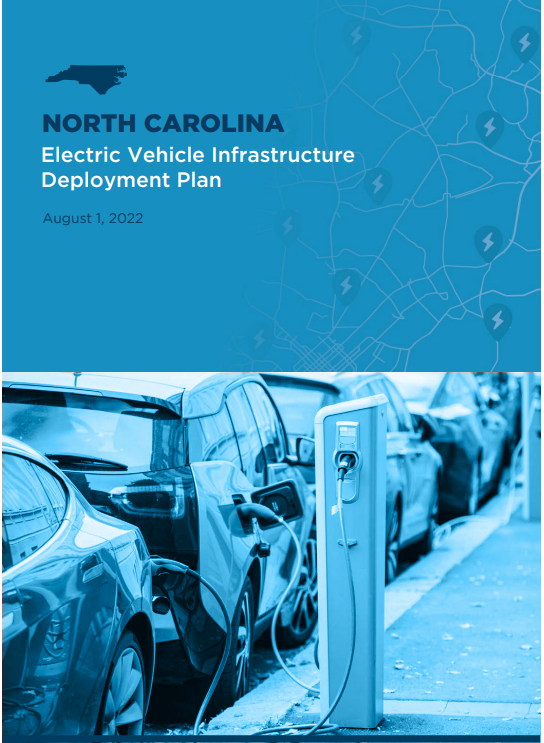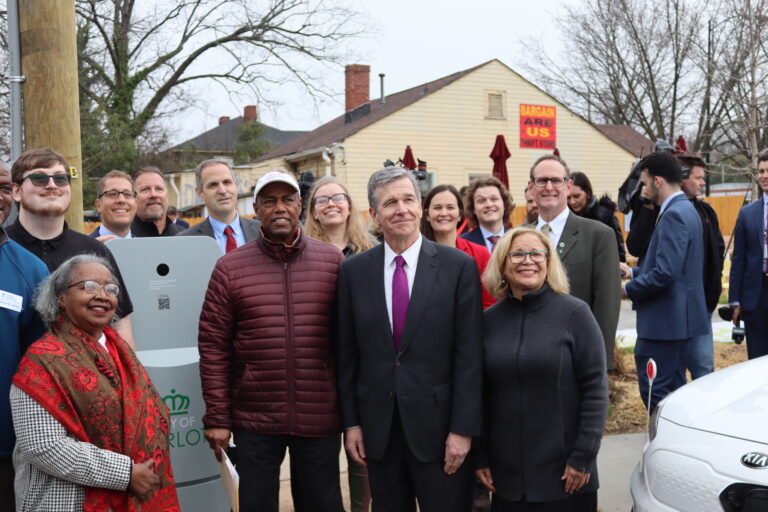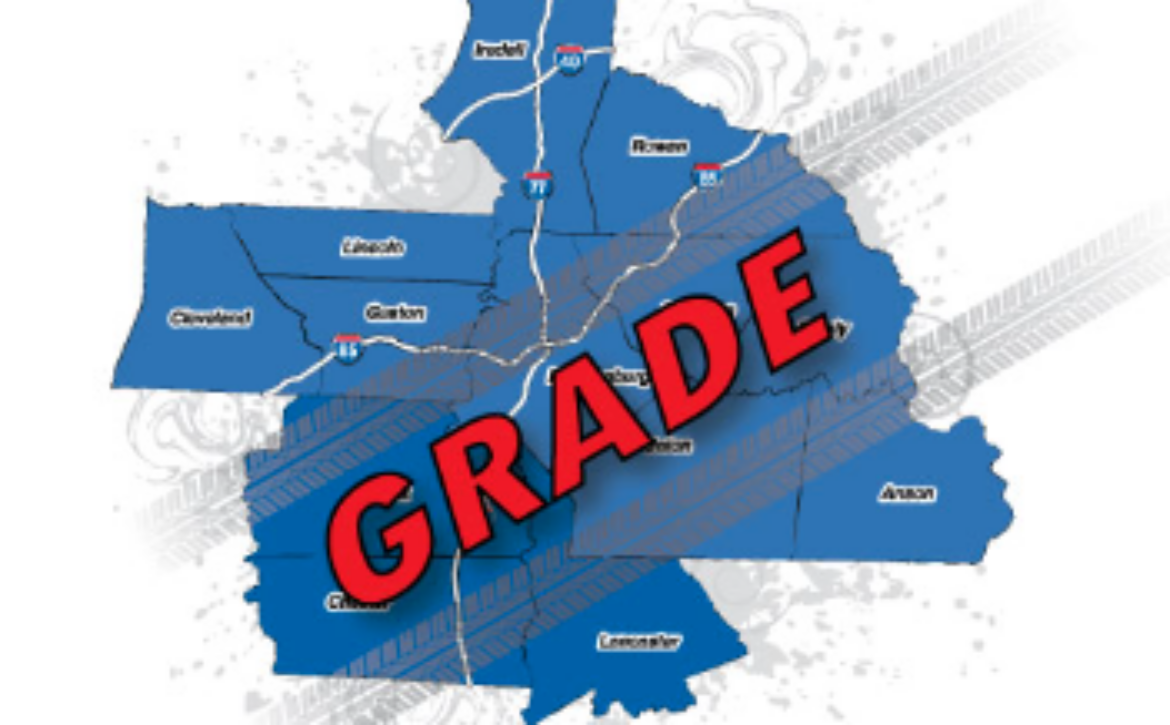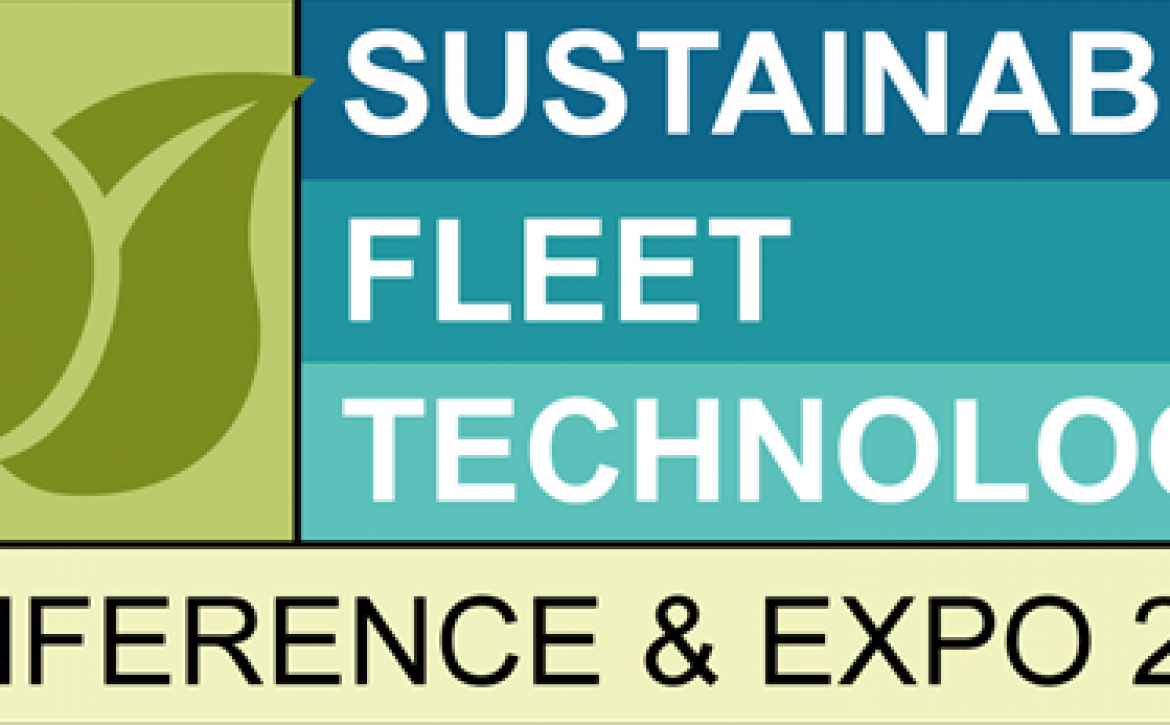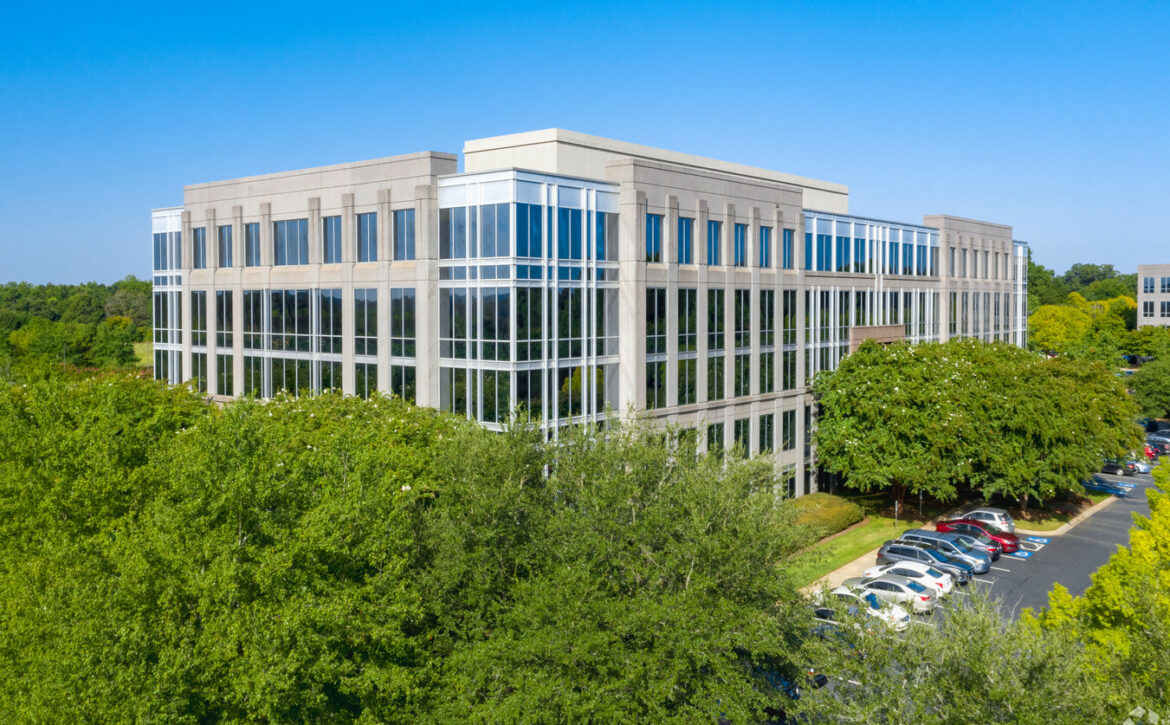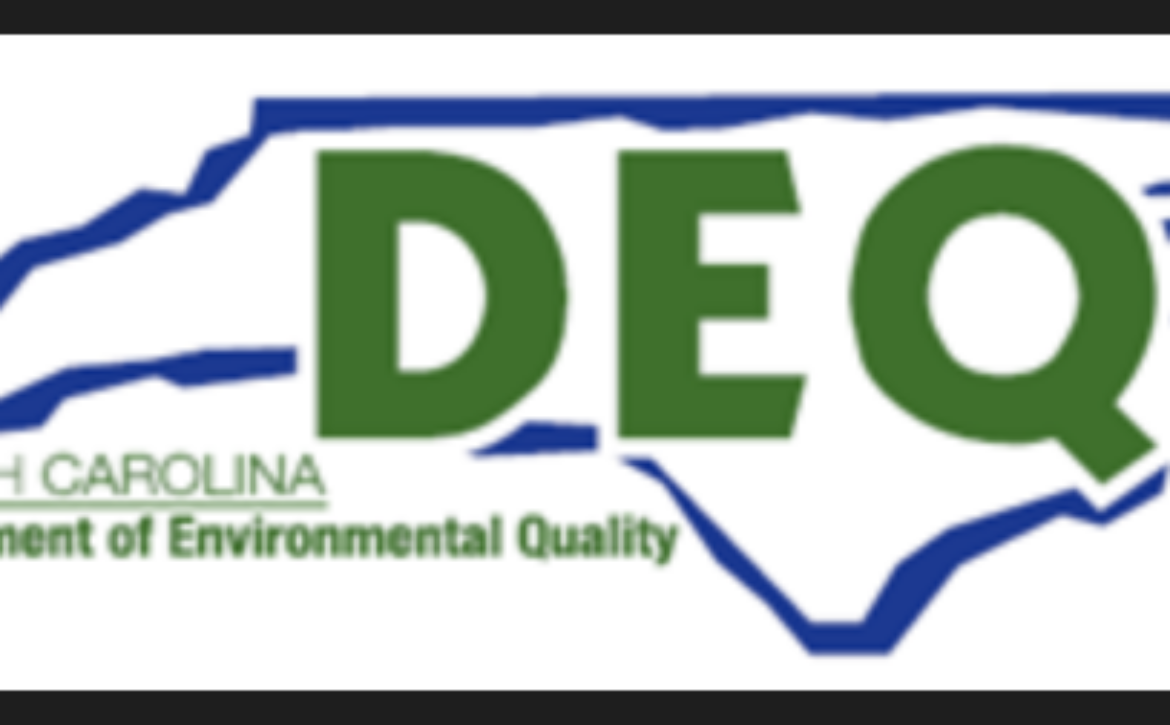More Than $6.8 Million to Expand NC’s Electric Vehicle Charging Network
The Department of Environmental Quality has announced that $6.8 million will be distributed to strengthen and expand North Carolina’s Electric Vehicle Charging Infrastructure Network. This funding will be awarding projects across 64 sites in the state of North Carolina. Grants and rebates, awarded by the Department of Environmental Quality’s (DEQ) Division of Air Quality (DAQ), fall under Phase 2 of the N.C. Volkswagen Settlement Program.
Among the awards, nearly $5.9 million will fund 104 new DC Fast charging ports across 40 sites. 33 of which will be covered 100% by renewable energy credits. Sites will be along priority corridors and major coastal evacuation routes from Murphy to Manteo. These projects will fill gaps in the charging network along these corridors. DC Fast chargers are suitable along major highways because they offer rapid charging and a quick pitstop while enroute to a destination.
In this program, 75% of funds will go to projects in rural counties, and nearly half will go to historically under-resourced counties. DAQ will also be awarding $764,000 in grants to public and private organizations to make upgrades to 13 existing DC Fast sites. These projects are vital to strengthen the charging network in North Carolina and stay up to date on latest technologies and advancements.
$196,000 in new rebates will fund the installation of Level 2 chargers at workplaces, apartment complexes, parks, urban centers and other public locations. This will fund the installation of 62 new charging ports at 11 sites across the state. Level 2 Public Access funds are still available to local government agencies, nonprofits and private businesses on a first-come, first-served basis.
As we see the hard work that goes into building out the North Carolina Electric Vehicle Infrastructure network, we can see a few things are true. Not one charger fits all needs, and technology changes fast! Variety in charging infrastructure is necessary, and when 80% of charging is expected to happen at home, we need to build a network large enough to support EV owners that may not be able to charge at home. Be sure to check out the links to see where new and upgraded chargers will be located throughout NC.
